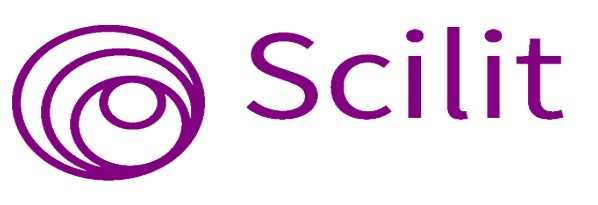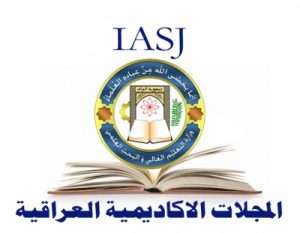Generative AI and Data Security
1. Use of Generative AI Tools
MJET permits the responsible use of generative AI tools (e.g., ChatGPT, Grammarly, DALL·E) only for language refinement and grammar correction.
Prohibited uses include:
-
Generating research data, analysis, or results.
-
Writing abstracts, literature reviews, or discussion sections.
-
Producing figures, tables, or code for experimental or analytical purposes.
Required disclosures:
-
Any use of AI tools must be transparently disclosed in the manuscript, including:
-
Tool name and version (e.g., ChatGPT-4, Grammarly Premium).
-
Purpose of use (e.g., grammar correction).
-
Acknowledgment that the authors remain responsible for all content accuracy.
-
Example disclosure (to be added in Acknowledgments):
“The authors used ChatGPT (OpenAI, May 2024 version) to improve language clarity. The authors are solely responsible for the content.”
MJET strictly prohibits listing AI tools as authors or co-authors under any circumstance.
2. Data Security and Integrity
MJET requires all submitted manuscripts to uphold the highest standards of data security, research transparency, and reproducibility.
Authors must:
-
Ensure that research data is collected, stored, and analyzed in accordance with institutional or national data protection laws.
-
Avoid inclusion of any personally identifiable information (PII) or sensitive datasets without proper anonymization or ethical clearance.
-
Submit raw or processed datasets if requested for peer review or reproducibility purposes, unless restricted by privacy agreements.
Any suspected breach of data integrity or AI misuse will result in editorial investigation, following COPE guidelines.

















